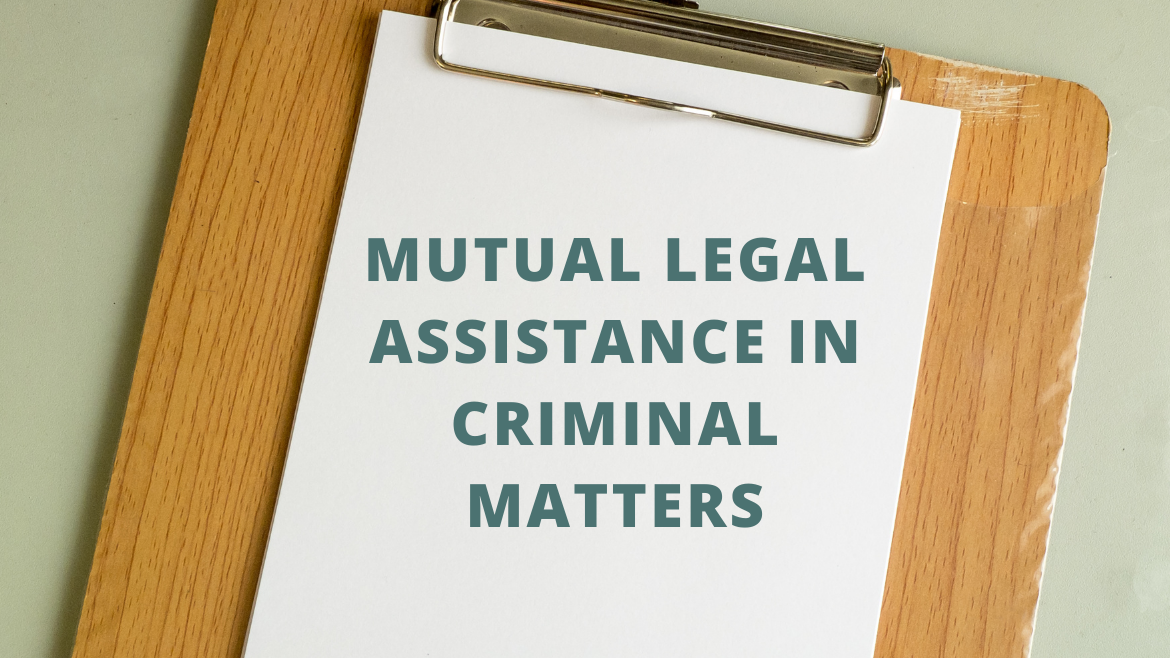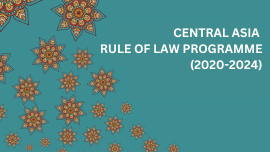The action “Promoting transparency and action against economic crime” which is part of the joint initiative of the European Union and the Council of Europe - Central Asia Rule of Law Programme 2020-2023 is currently supporting the authorities of Uzbekistan with strengthening the country’s legal and institutional framework for mutual legal assistance in criminal matters.
Taking into consideration the high interest of the authorities in exploring new venues of international co-operation in the mutual legal assistance area, it has been decided to undertake a set of activities aiming at raising awareness and familiarising relevant stakeholders in Uzbekistan with the existing multilateral and bilateral instruments for co-operation.
Following the results of the International Conference “The Council of Europe Convention on Mutual Assistance in Criminal Matters” and the legal review of Uzbekistan’s current legislative framework against the provisions of the above-mentioned Convention and its Additional Protocols, a model bilateral agreement on mutual legal assistance was developed. The model agreement, which was presented to the Uzbek authorities, respects the specificities of different legal systems and contains a set of provisions adjustable on a case-by-case basis, taking into consideration the legal requirements of different jurisdictions.
Upon the finalisation of the first draft of the agreement, two working meetings with representatives of the International Legal Department of the General Prosecutor’s Office of the Republic of Uzbekistan were organised. The General Prosecutor’s Office is the designated institution responsible for drafting and negotiating bilateral agreements in criminal matters. During the meetings, the Council of Europe expert explained the rationale of the agreement and provided examples with specific jurisdictions, for which some of the provisions will be a mandatory requirement. Additionally, the discussion focused on possible ways of reconciling some of the EU countries’ legal requirements with Uzbekistan’s legal framework.
While encouraging the national authorities to proceed with the conclusion of bilateral agreements with neighbouring countries and especially with the countries, where there is a significant “turnover” in mutual legal assistance, it has been strongly advised to prioritise the multilateral approach to the international legal co-operation, including in the field of mutual legal assistance in criminal matters. Since this approach is based on harmonised standards applied by all parties, the multilateral co-operation facilitates the work of the national institutions and legal practitioners and contributes to the effectiveness and efficiency of the activities in the field of mutual legal assistance. It also saves a lot of time, efforts, expert and financial resources that are usually invested in negotiating separately with different states.
This activity was organised in the framework of the action “Promoting Transparency and Action against Economic Crime” within the Central Asia Rule of Law Programme 2020-2023, which is a joint initiative co-funded by the European Union and the Council of Europe and implemented by the Council of Europe. The action is aimed at strengthening capacities to fight and prevent economic crime in five Central Asian countries – Kazakhstan, Kyrgyzstan, Tajikistan, Turkmenistan and Uzbekistan.


